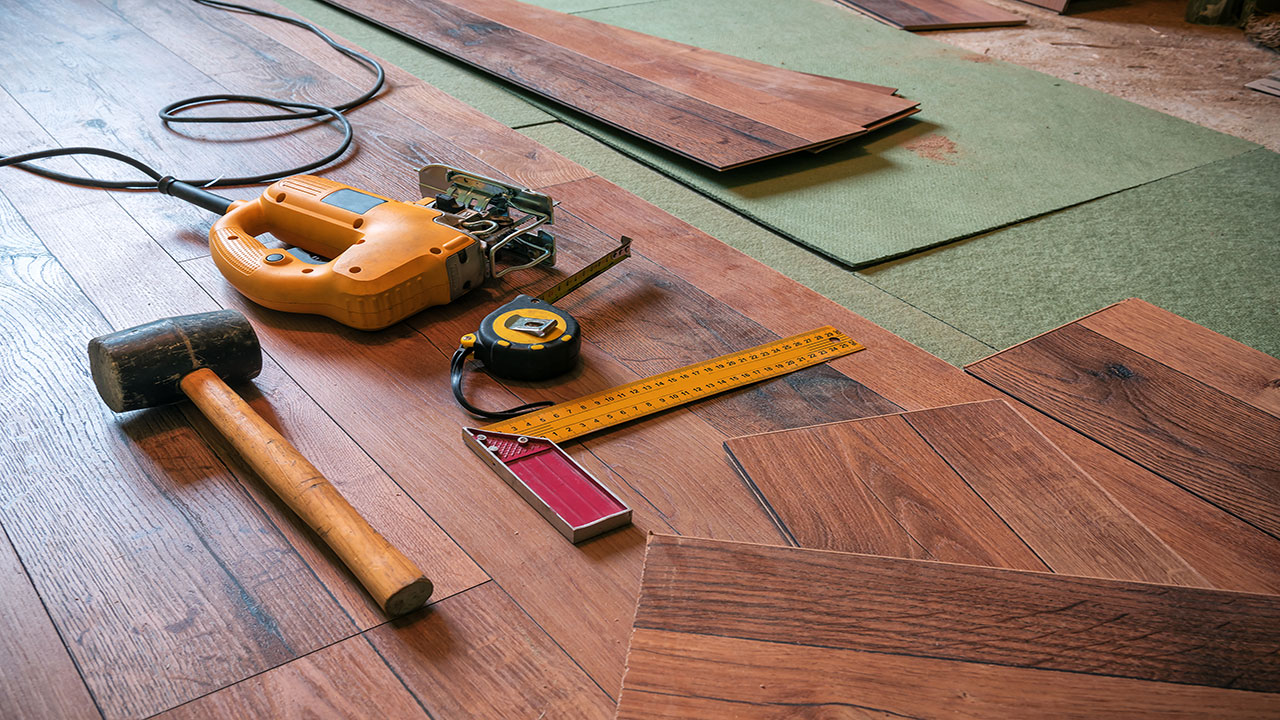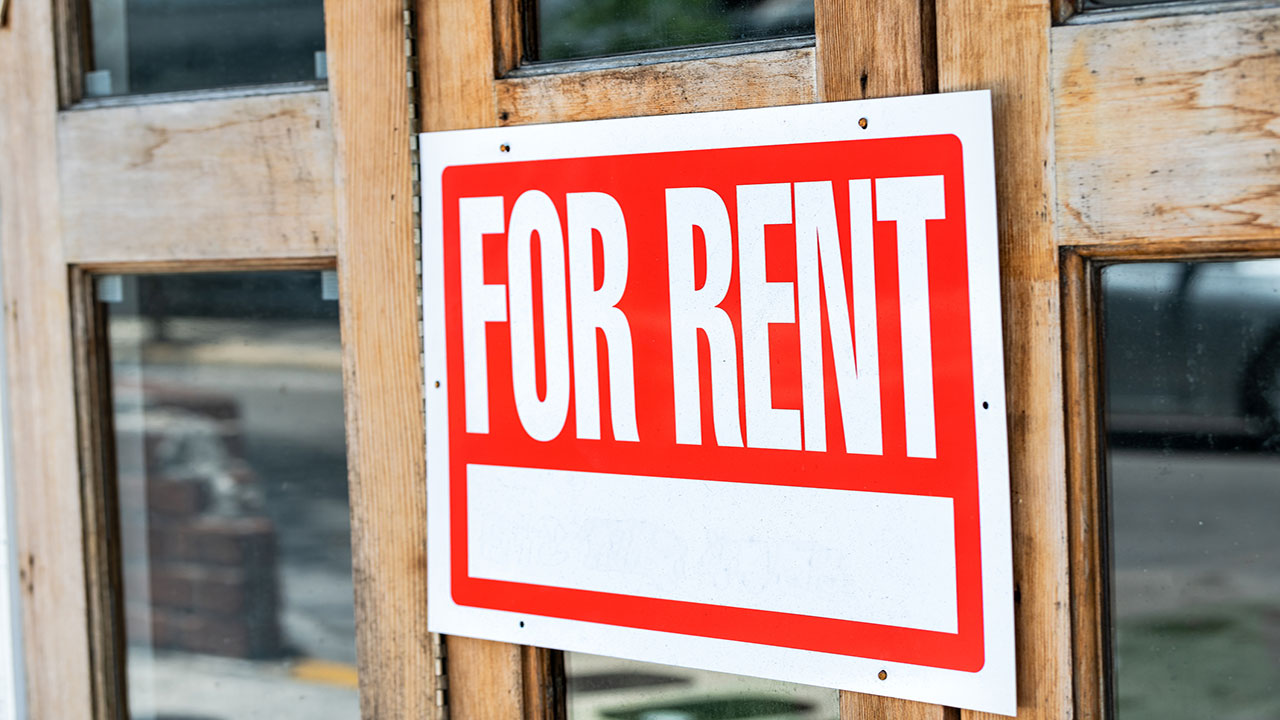5 Other Pros You Need (Besides an Agent) When Buying a Home

When it’s time to buy a home, the most obvious professional you’ll likely think to hire is a real estate agent.
That’s a good call because buying real estate is usually an endeavor that’s filled with intricacies that the average person may not know how to navigate. Real estate agents are trained and experienced in real estate contracts and transactions, so having one in your corner can increase your chances of a successful outcome.
But as important as agents are, they’re not necessarily the only professionals that you will need to carry out a real estate deal. When buying a home, there are a few other experts that you might need before getting the keys to your new place.
1. Home Inspector

Every buyer should include a contingency in their real estate agreement that allows them the opportunity to bring in a home inspector to check out the home in great detail. Perhaps there are issues with the home that you may not have noticed during your visits that a home inspector may be more qualified to catch.
If an issue is identified, you’ll have some recourse, whether it’s to renegotiate a lower price, ask for credit to cover the cost of repairs, or even walk away from the deal altogether. But without a home inspector, you may be inadvertently agreeing to buy a home that comes with a ton of issues that will cost you a lot more money in the long run.
2. Mortgage Broker
Even before you hire a real estate agent, you might want to consider hiring a mortgage broker first to help you determine how much house you can afford. Mortgage brokers will shop around for a home loan on your behalf to find a lender who’s willing to offer you the best loan product at the lowest interest rate.
Mortgage brokers can also help you get pre-approved for a mortgage so that you can get the mortgage process going and make you a more competitive buyer, especially if you’re in a highly competitive market. While you can always go directly to your bank and take whatever they offer you, working with a mortgage broker affords you with the opportunity to shop around with various lenders for the best loan product.
3. Movers

If you’re moving from a home that you’ve lived in for a while, odds are you’ve got a ton of stuff to haul from your current home to your new abode. And if that stuff includes furniture, you’re going to need a big truck and a few extra hands to get all your belongings from A to B.
A reputable moving company will have the truck, staff, and experience needed to quickly and efficiently move all your things into your new home. And they usually come with insurance too, so if something is damaged along the way, you could be covered financially.
4. Locksmith
Buyers who purchase resale homes are often advised to change the locks shortly after taking possession. While the keys may have been handed over to you by the sellers, you just never know if they still have an extra set. Not only that but who knows who else might have a copy of the keys. As such, your best bet is to have the locks changed to make sure you’re the only one with access to your home.
5. Contractor

If you happen to purchase a home that needs a little updating, a contractor will be able to help you bring your home up to par. Whether you’re looking to redo the flooring, reface the kitchen cabinets, or completely gut the bathroom, having some professional help in these realms will help you create the home you’ve always dreamed of.
While certain small projects can be done on your own, larger jobs should be left to the professionals.
The Bottom Line
A lot goes into finding, buying, and obtaining title to a property. And although a real estate agent is certainly the hub of such a transaction, there are several other professionals that may be required to make it all happen. Luckily, your agent will likely have a network of professionals that they deal with on a regular basis, so the only person you may have to seek out on your own is an agent. All the referrals will then follow.










































